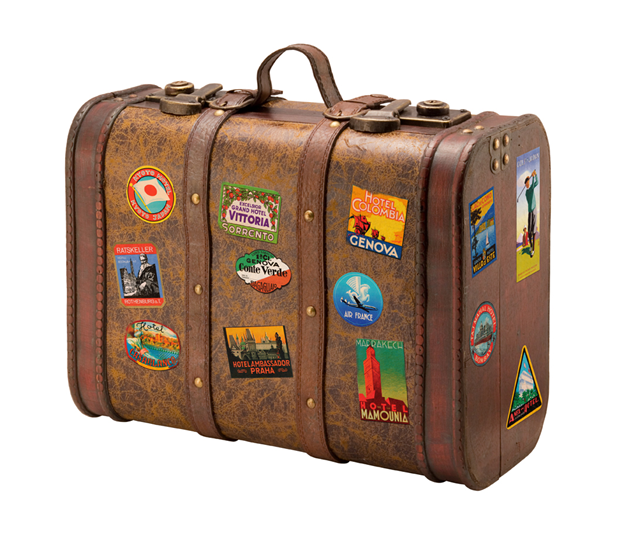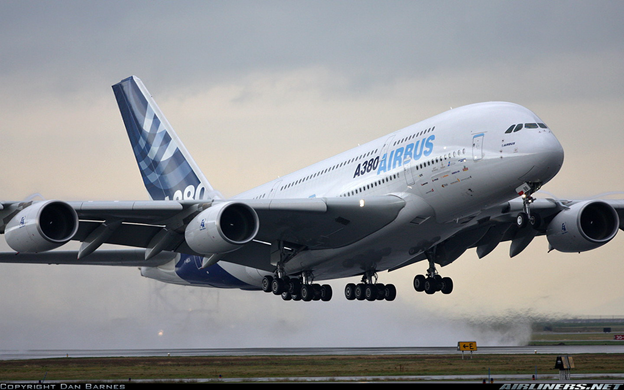How People Are Getting Around Airline Checked Baggage Fees
February 11, 2012 in Daily Bulletin

The New York Times reports that passengers are coming up with creative techniques to avoid check baggage fees imposed by the airlines. They include:
- Travelling hundreds of miles to find airports serviced by Southwest Airlines or JetBlue – two airlines that don’t charge for the first checked bag.
- Others have taken up using airline branded credit cards which give them a host of perks but require high annual fees.
- An entire category of clothes with large pockets and plenty of storage room has become popular. Travelers are able to store a fair amount of things in clothing such as trench coats.
- Some passengers have resorted to vacuum sealing their packages – something that can significantly shrink the size of packages. They better hope that security doesn’t try to open them up though.
To read about some of the other techniques that passengers might use, as well as what Congress is doing to make things easier for passengers click here.
Source: The New York Times
Via: Cheap Talk








Join the Discussion! (No Signup Required)